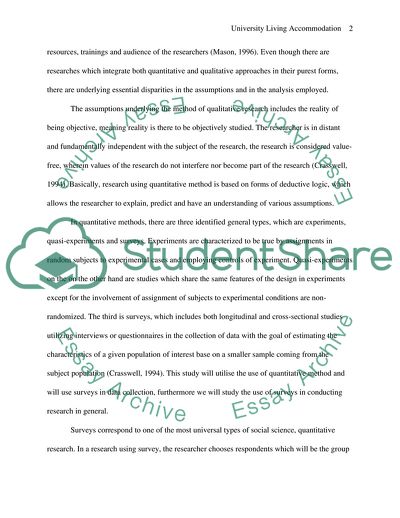Cite this document
(A Students Experience in University Accommodation Case Study, n.d.)
A Students Experience in University Accommodation Case Study. Retrieved from https://studentshare.org/sociology/1713414-an-evaluation-of-the-student-experience-of-university-living-accommodation
A Students Experience in University Accommodation Case Study. Retrieved from https://studentshare.org/sociology/1713414-an-evaluation-of-the-student-experience-of-university-living-accommodation
(A Students Experience in University Accommodation Case Study)
A Students Experience in University Accommodation Case Study. https://studentshare.org/sociology/1713414-an-evaluation-of-the-student-experience-of-university-living-accommodation.
A Students Experience in University Accommodation Case Study. https://studentshare.org/sociology/1713414-an-evaluation-of-the-student-experience-of-university-living-accommodation.
“A Students Experience in University Accommodation Case Study”, n.d. https://studentshare.org/sociology/1713414-an-evaluation-of-the-student-experience-of-university-living-accommodation.


